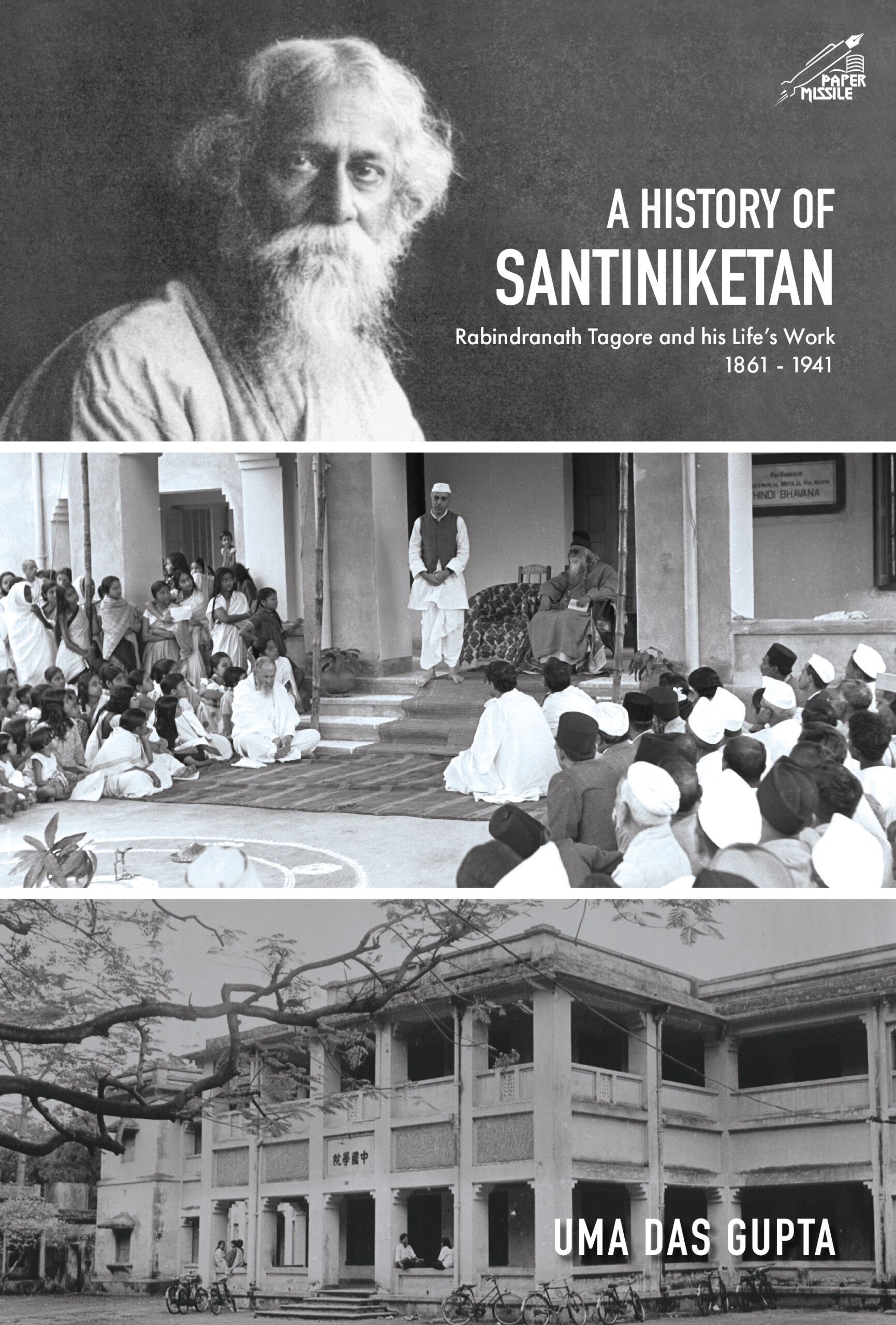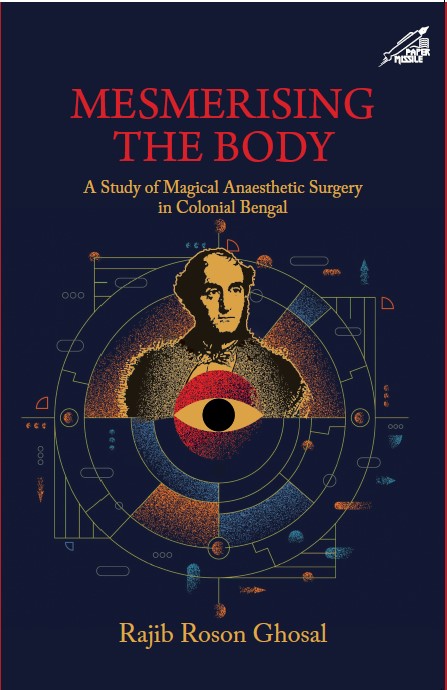Sign up and get notified with new article for free!

Book
A History of Santiniketan Rabindranath Tagore and his Life’s Work 1861-1941

A History of Santiniketan Rabindranath Tagore and his Life’s Work 1861-1941
Rabindranath Tagore saw himself primarily as a poet. Yet, beyond his literary legacy, there was another pursuit that defined his life’s purpose—his devotion to education. He regarded his work in this field as his life’s mission, culminating in the establishment of Visva-Bharati University. Nestled in the twin campuses of Santiniketan and Sriniketan in rural southern Bengal, about a hundred miles northwest of Calcutta, this institution became the heart of Tagore’s existence.
Complementing the author’s previous work, A History of Sriniketan: Rabindranath Tagore’s Pioneering Work in Rural Reconstruction (2022, Niyogi Books), this volume delves into Tagore’s visionary approach to education. His educational model was groundbreaking from launching an experimental school in 1901 to founding an international university and an institute of rural reconstruction in 1921-1922. It was designed to transcend borders, promoting a shared global humanity rather than conforming to the rigid framework of nation-states.
Tagore’s dedication to this cause reflected his ideals of an inclusive and non-parochial nationalism, emphasizing self-respect as the key to India’s progress. He never viewed the modest scale of his endeavour as a limitation; rather, he saw it as a necessary step towards setting a precedent for the nation. His vision was never just theoretical—it was always deeply rooted in action.
|






